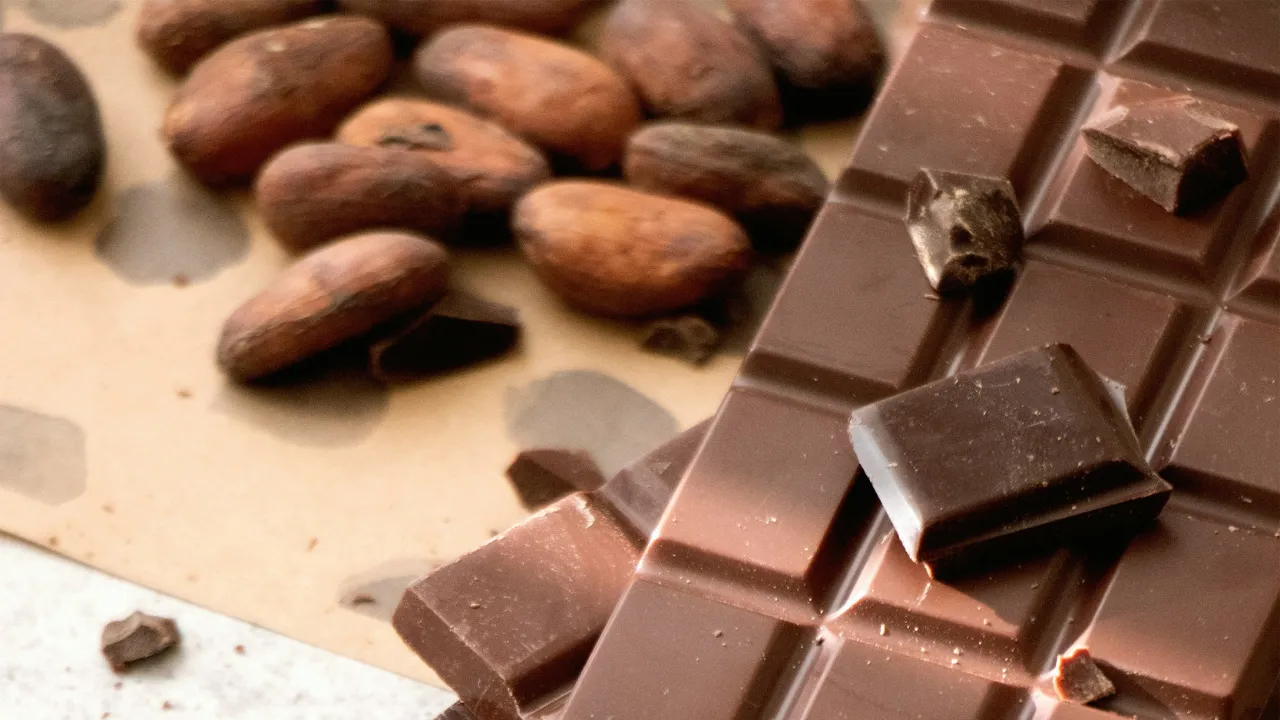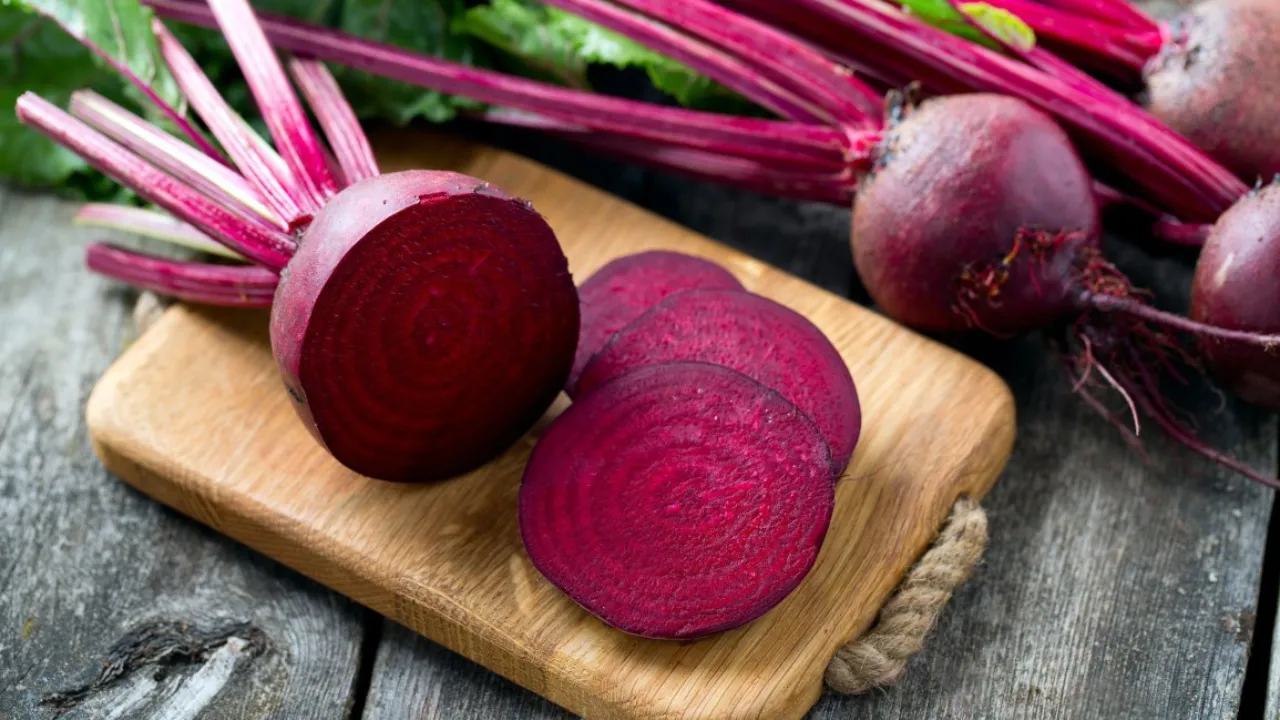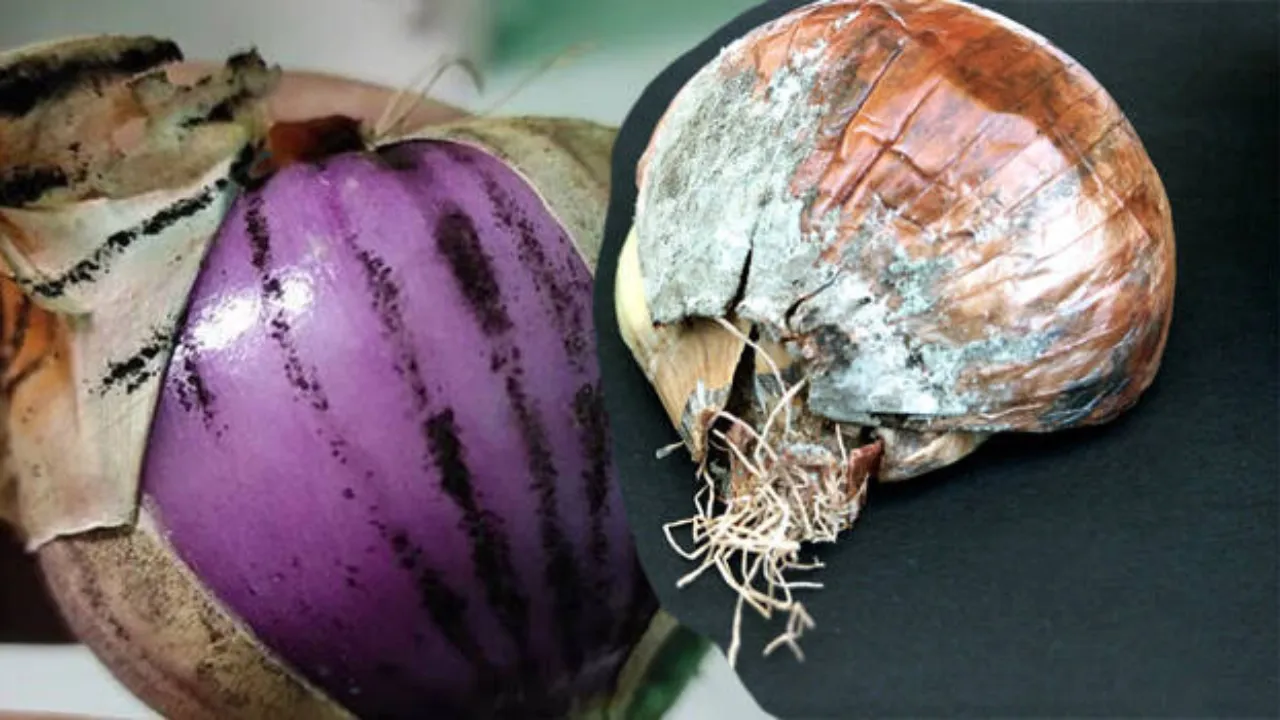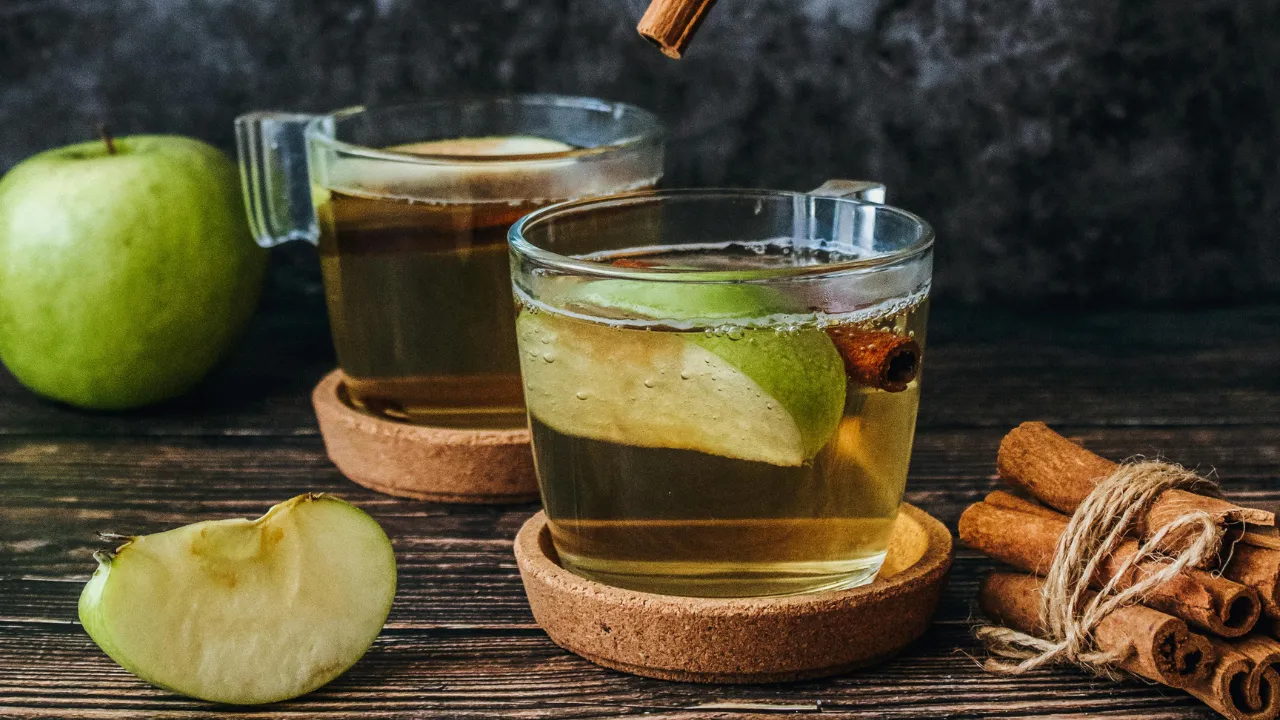Can Dark Chocolate Boost Memory? New Research Finds Flavanols Increase Alertness
Dark Chocolate is often touted as a tasty indulgence — but can it actually sharpen your memory and attention? Recent research is adding nuance to that claim. Scientists have been zeroing in on flavanols, natural compounds in cocoa, and uncovering how their bitter, astringent taste may trigger brain circuits linked to alertness and memory. Below I explain what the latest studies show, how strong the evidence really is, and practical, safe ways to include dark chocolate if you want to try it.
How flavanols in dark chocolate may affect the brain
Flavanols trigger sensory signals that wake the brain
A team in Japan recently reported that the astringent sensation produced by flavanols activates the brain-gut-noradrenergic system — essentially a pathway that can increase arousal and attention. In animal experiments, this sensory stimulation produced short-term boosts in learning and memory tasks, suggesting the taste itself (not only metabolism) can influence brain circuits.
Flavanols also help blood flow and neural signaling
Beyond sensory effects, a larger body of research shows cocoa flavanols improve cerebral blood flow and modulate neuronal function. Randomized trials and imaging studies have reported modest improvements in memory, processing speed, and task endurance after flavanol intake — effects that are more consistent when flavanols are consumed regularly or in controlled supplements. These mechanisms likely work together: improved microvascular function, neurotransmitter modulation, and increased neuronal efficiency.
What the evidence actually says — short term vs long term
Short-term (acute) effects
Several studies — especially lab-based and animal work — show acute (within an hour to a few hours) improvements in alertness, reaction time, and certain types of memory after consuming flavanol-rich cocoa or extracts. The Japanese research is an example of how an astringent flavanol stimulus can produce a quick, measurable increase in attention and learning in mice. However, translating that immediate effect from mice to humans requires careful interpretation.
Longer-term and clinical evidence
Systematic reviews and randomized controlled trials find modest cognitive benefits from regular flavanol consumption — especially among middle-aged or older adults, or people under cognitive stress. Improvements are usually small-to-moderate and depend on dose, duration, and the population studied. In short: there’s promising evidence, but it is not yet definitive or uniformly strong across every study.
Important caveats and limits
Flavanol content varies wildly
Not all chocolate is created equal. Processing (fermentation, roasting, alkalizing) can strip away flavanols. A typical commercial bar labeled “dark” may contain much lower flavanol levels than the raw cocoa would. If you’re targeting flavanols, look for minimally processed, high-cocoa-percentage products or cocoa extracts standardized for flavanol content.
Dosing, bioavailability, and individual response
Studies use different flavanol doses (and some use concentrated supplements), so there’s no universal “one-bar-fits-all” recommendation. Flavanols also have limited bioavailability — your gut, metabolism, and food matrix influence how much actually reaches the brain. That helps explain why results are mixed across trials.
Health tradeoffs: sugar, calories, caffeine
Many dark chocolate bars still contain sugar and calories. Overeating for flavanols risks weight gain and blood-sugar effects. Chocolate also contains theobromine and small amounts of caffeine, which can disturb sleep or increase heart rate in sensitive people. Pregnant people, those with certain medical conditions, and pet owners (chocolate is toxic to dogs and cats) should be cautious.
Practical takeaways — how to use dark chocolate wisely
Choose quality and consider portion
If you want to try dark chocolate for mental alertness, choose bars with 70% cocoa or higher and minimal processing. A small serving (about 10–20 grams) provides a taste of flavanols without excess sugar and calories. For research-level benefits, some studies use flavanol-standardized supplements rather than ordinary bars.
Time it for tasks that need focus
Because some effects are acute, a small piece of dark chocolate 30–60 minutes before a mentally demanding task could, in theory, help alertness. But remember, the evidence for consistent, strong acute effects in humans is still emerging — so treat this as a low-risk experiment rather than a guaranteed brain hack.
Make it part of a brain-healthy pattern
Don’t rely on chocolate alone. Flavanol benefits are most convincing when paired with overall brain-healthy habits: regular exercise, good sleep, balanced diet (berries, tea, and other polyphenol sources), and mental stimulation. Flavanols may be a helpful piece in a larger cognitive-health puzzle.
Bottom line
Dark Chocolate contains flavanols that can influence brain function through sensory activation and vascular/neural mechanisms. Recent research — including a 2025 study from Japan — strengthens the idea that flavanols can increase alertness and support short-term memory performance, at least in controlled settings. However, human evidence is modest and mixed: effects depend on dose, product quality, and individual factors. If you enjoy dark chocolate, a small, high-cocoa, minimally processed piece can be a reasonable, tasty addition to a brain-healthy lifestyle. Treat it as a potential aid, not a standalone miracle.
Also Read: Harmanpreet Kaur’s Dreamy Trophy Pic Wins Hearts!





























